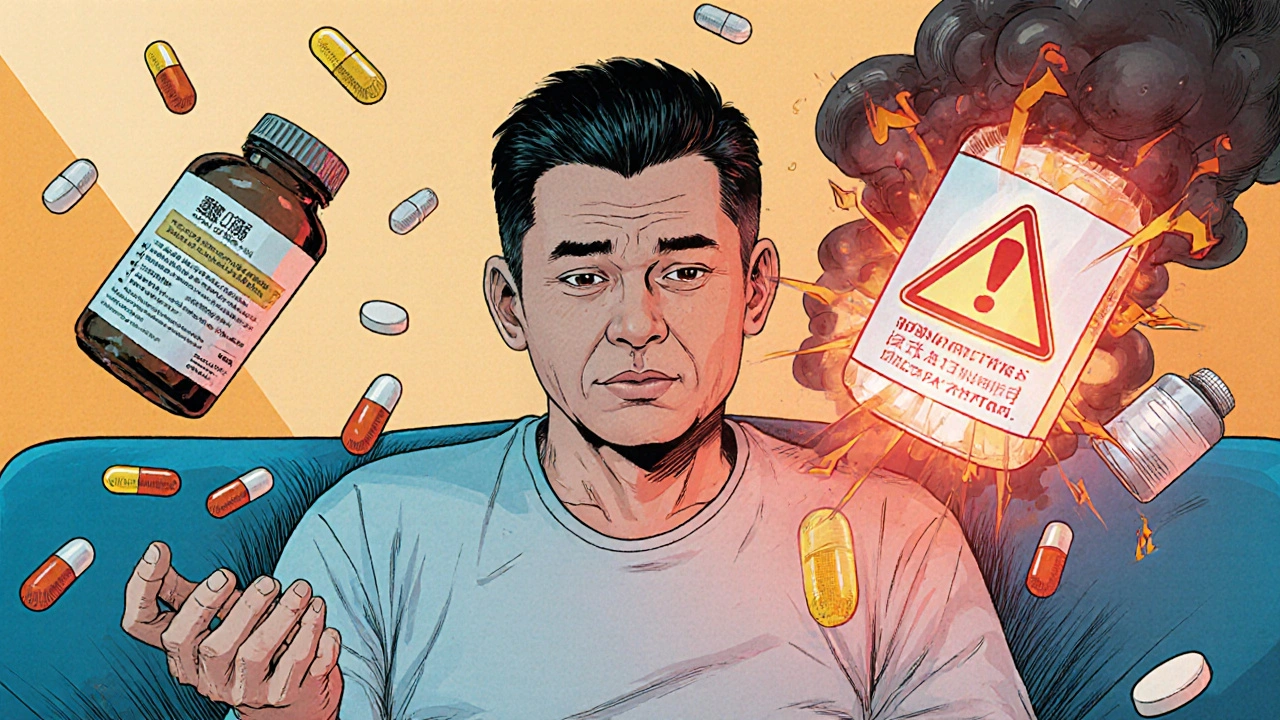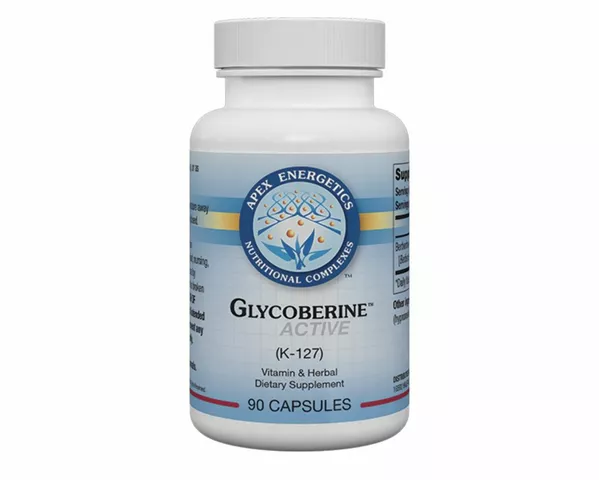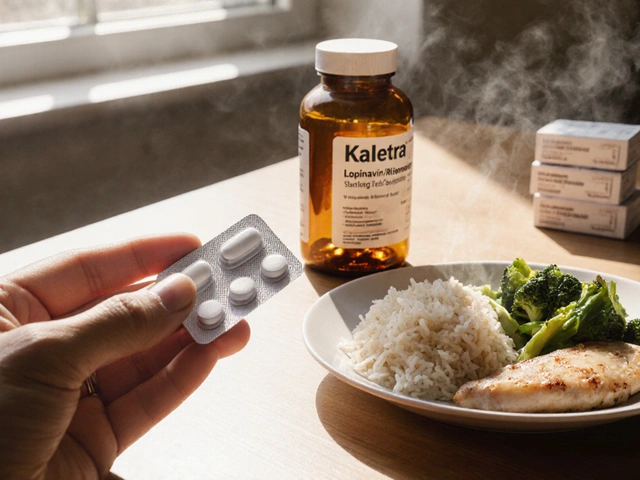St. John's Wort: Natural Depression Relief and What You Need to Know
When people look for alternatives to prescription antidepressants, St. John's Wort, a yellow-flowered herb used for centuries in Europe to treat mood disorders. Also known as Hypericum perforatum, it's one of the most studied herbal supplements for mild to moderate depression. Unlike synthetic drugs, it doesn’t require a prescription—but that doesn’t mean it’s harmless. Many users swear by it for lifting low moods, but doctors warn it can interfere with birth control, blood thinners, and even HIV or cancer meds.
The science behind it isn’t magic. St. John’s Wort contains hyperforin and hypericin, compounds thought to affect serotonin, dopamine, and norepinephrine—just like SSRIs do. A 2016 Cochrane review found it worked about as well as standard antidepressants for mild depression, with fewer side effects like weight gain or sexual problems. But here’s the catch: it’s not regulated like medicine. One bottle might have 300mg of active ingredient, another only 100mg. That’s why some people feel better and others don’t notice a thing.
It’s not just about depression. People also use it for anxiety, seasonal mood dips, and even mild nerve pain. But if you’re on any other meds—especially for heart issues, thyroid, or seizures—you’re risking serious interactions. One woman in Germany ended up in the ER after mixing it with her blood pressure pill. Another lost her birth control effectiveness and got pregnant unexpectedly. These aren’t rare cases. The herbal antidepressant, a plant-based alternative to pharmaceuticals for mood regulation is powerful, and power needs respect.
And while you might think "natural" means safe, that’s not true here. The mood support, a non-pharmaceutical approach to emotional well-being you’re seeking could backfire if you don’t know what you’re taking. That’s why so many of the posts here focus on real-world comparisons—like how St. John’s Wort stacks up against SSRIs, or why some people stop using it after a bad reaction.
You’ll find posts here that break down what actually happens in your brain when you take it, what side effects you’re likely to get, and which drugs it can dangerously mix with. There are stories from people who tried it for anxiety and switched back to therapy. Others who used it for winter blues and never looked back. And warnings from pharmacists who’ve seen the fallout from careless use.
This isn’t a "try it and see" situation. It’s a "know your risks first" situation. If you’re thinking about using St. John’s Wort, you need to understand how it works, who it helps, and who it hurts. The articles below give you the real facts—not marketing, not myths, just what people have experienced and what the science actually says.

St. John’s Wort and Dangerous Drug Interactions: What You Must Know
St. John's Wort may help with mild depression, but it can dangerously reduce the effectiveness of warfarin, birth control, HIV meds, and transplant drugs. Learn the real risks and what you must do to stay safe.
Detail




